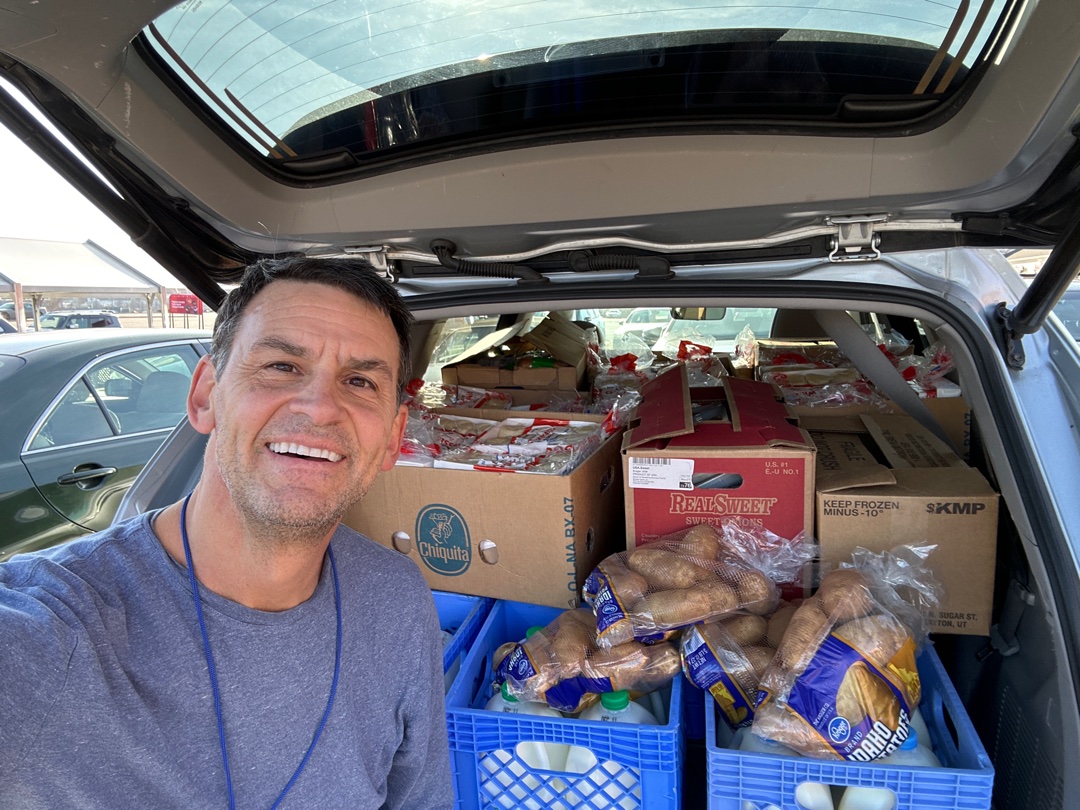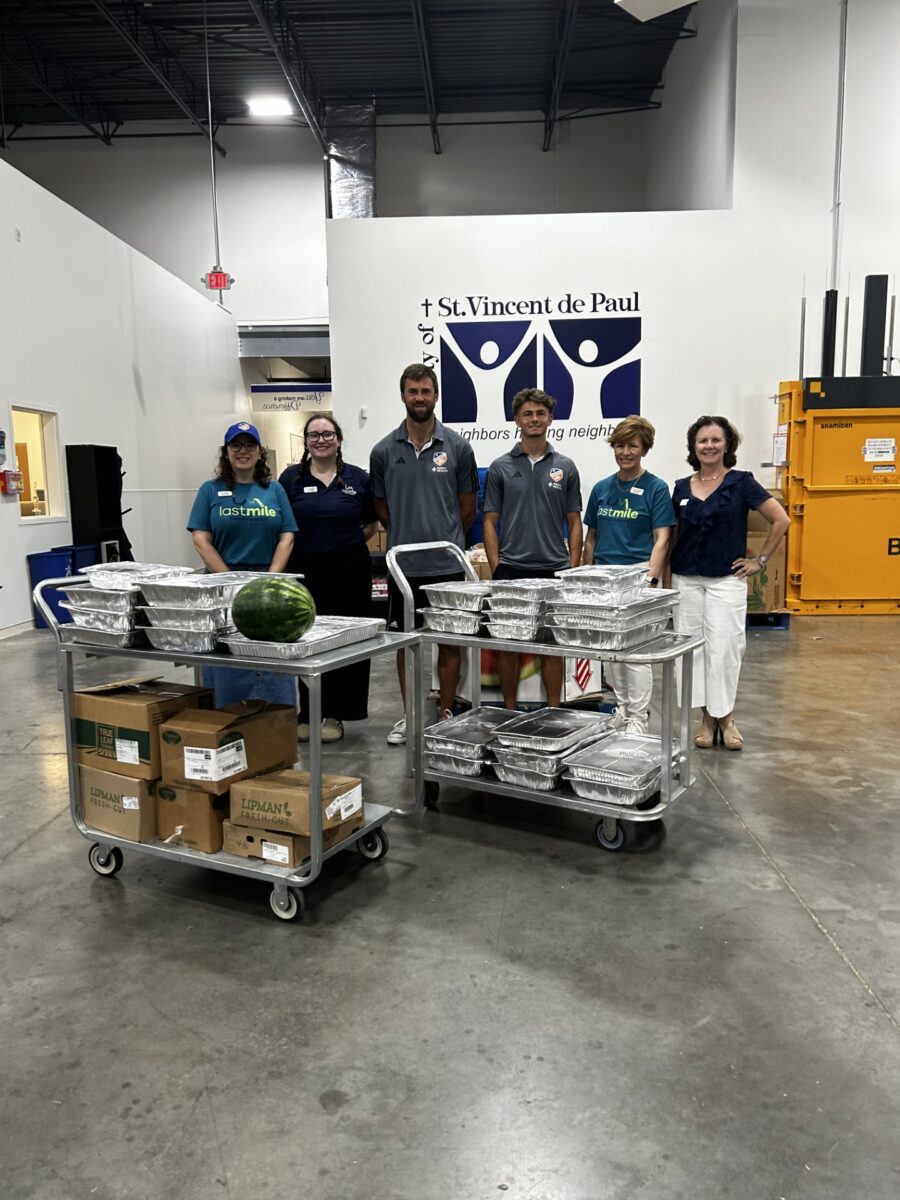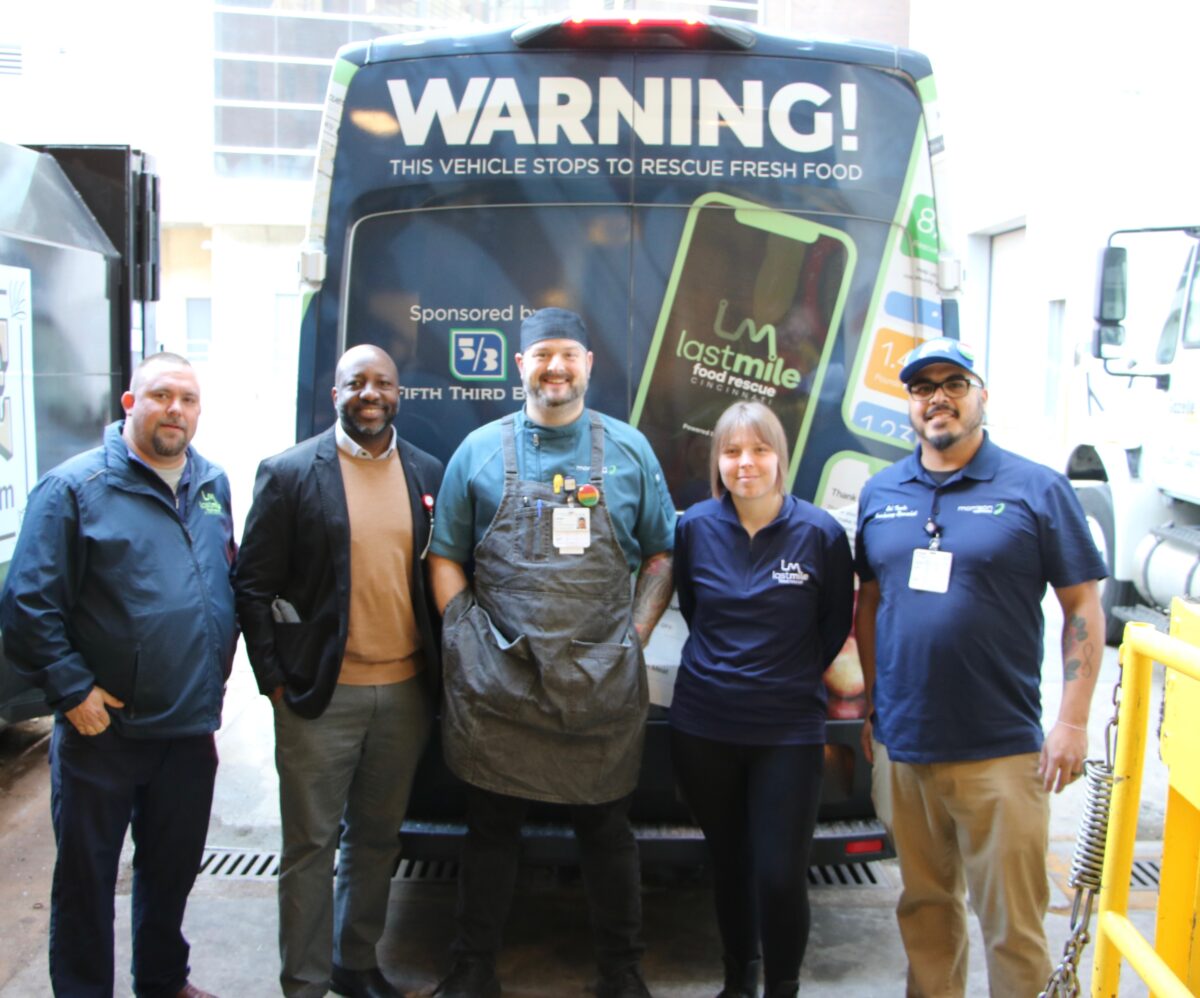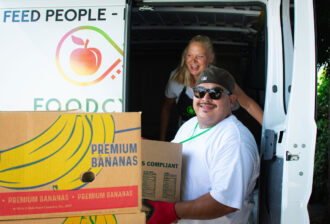About this project
Good Food Belongs to the People of SW Ohio, not Landfill: Last Mile Food Rescue’s plan to rescue 6 million pounds by 2027. (FLW24-003)
Julie Shifman, Last Mile Food Rescue - $639,825
Last Mile prevents food waste by rescuing fresh food and delivering it to organizations serving those with food insecurity. Aiming to keep 6 million pounds of food out of landfills per year, Last Mile will grow and retain more food donors, and lead regional education and awareness efforts on food waste prevention.
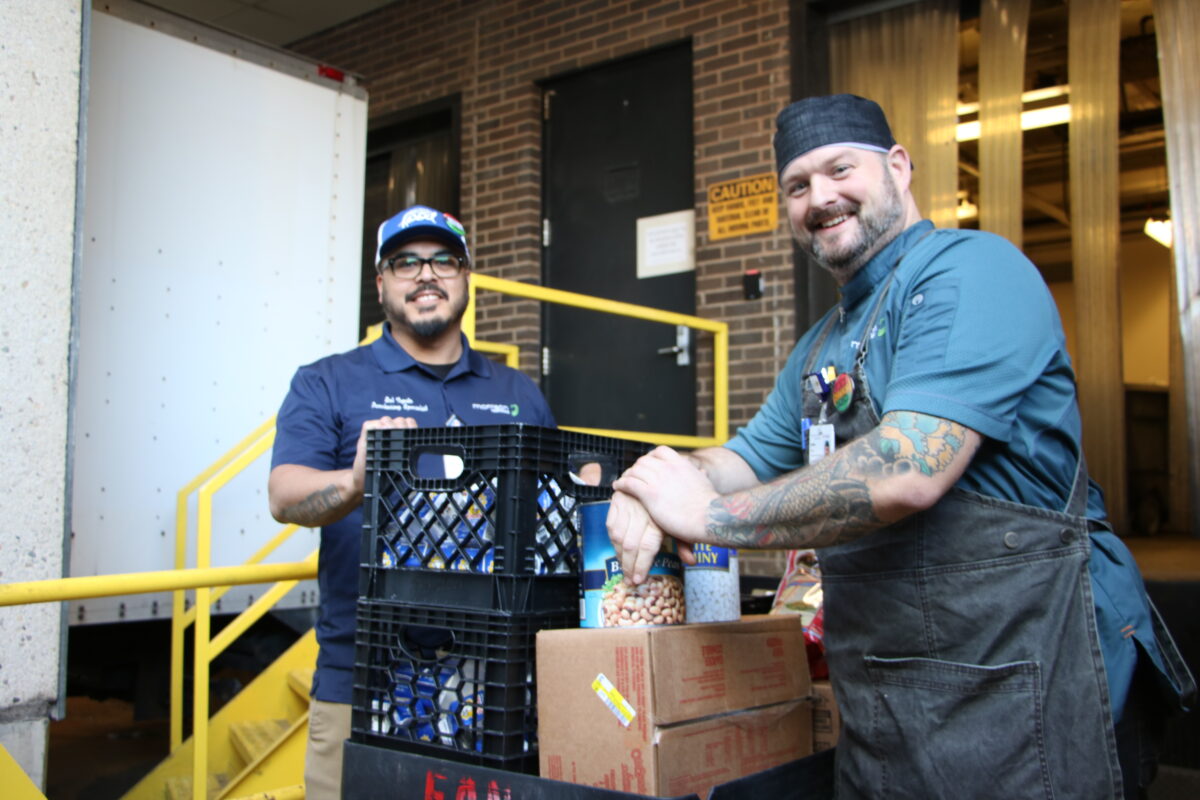
We are just under four years old, and to date we've rescued a little over 10 million pounds from the Cincinnati area. The way that we do our food rescue is we use technology, primarily an app, where we power volunteers to rescue excess food that we've identified through food donors and then deliver it to our agency partners, getting it into the hands of people who need it.
Our SARE project has two different components. The first is in collaboration with our regional climate group, Green Umbrella, as well as our Hamilton County resource. We're going to work with them to do broad education through two food waste summits, where we're assembling a large group of people to talk through best practices, share knowledge, and build up a network in our region. In addition to the two big summits, we're also going to do some short form trainings, as well as potentially webinars, that can tap into some smaller groups and cover some of these same topics. As a result of these big training activities, we're going to put together all of our shared learnings into some resources that we'll share among the group of participants, but also more broadly and widely, so that this information is available to anyone who is working in food waste, or food-related industries.
The second piece of our SARE grant focuses on the training and education for our food donors. We found that one of our biggest challenges in recruiting food donors is there's a lot of misconceptions and fears around doing food donation. And when we go into a meeting with a food donor, very often they have 10 reasons why they can't do food donations, all of which we can address through conversation. But that conversation can take a really long time. Sometimes they need some additional support to walk through how this will work in their particular industry, in their particular facility.
We are developing some toolkits and will have an additional staff person who can take that time to develop educational materials and training to help dispel some of those myths and make food donation, especially weekly food donation, much easier. That's what we like to see, a really easy process for our donors. It’s possible that as we talk to them, we might only need one or two pitch meetings instead of the 10 that we go through now. That is where we're hoping to go with our grant, to really move the needle on food waste in Cincinnati.
